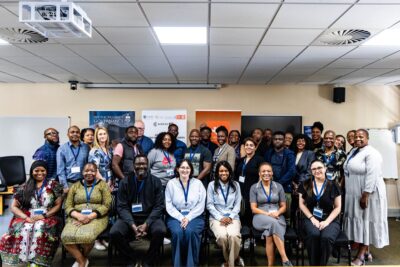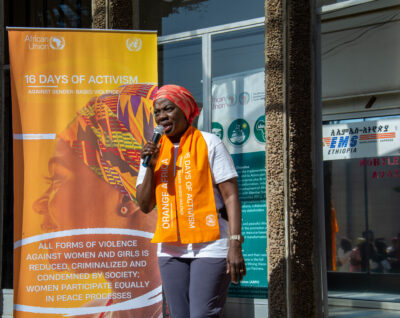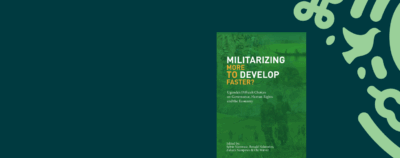Recently, I read an article in which an anonymous graduate student in the Netherlands asked why the university failed so spectacularly and consistently in diversifying its faculty, despite repeated claims to want to diversify itself. To highlight the disingenuous nature of the university’s claims, the student pointed out that in contrast to faculty diversity, the university had no trouble at all with hiring a stunningly diverse cleaning staff.
Of course, it is not just universities that fail to diversify their staff; academic disciplines that make up the university maintain the hegemony of whiteness and maleness too. Religious studies, for example, is a discipline historically rooted in and shaped by white supremacy and patriarchy; given the preponderance of white and male scholars in the field, whiteness and maleness have come to define excellence itself. Non-male scholars and those who are black, Indigenous, or people of color (BIPOC) are newcomers to this discipline and their identities are viewed as handicaps; the further removed they are from whiteness and maleness, the less excellent they appear. This means that when BIPOC people and non-males are permitted access to our discipline, it is on the condition that we alter ourselves, bend ourselves out of shape, in order to approximate whiteness and maleness. In contrast, there is no attempt made by our discipline to reshape, to bend itself to accommodate new and different bodies, to rethink its standards of excellence and what constitutes scholarship itself.
The whiteness and maleness of religious studies is maintained by white and male scholars even as social mores change, often through the language of diversity and equity. This happens when white scholars (of all genders) and men (of all races) promote diversity and equity in a way that satisfies changing optics without divesting from their power and privilege. Thus, they effectively coopt the language of diversity and equity to re-entrench their own power. Malinda Smith and her colleagues have demonstrated that this trend is widespread in academia; universities have spent increasing resources on equity and diversity over the last several decades, but succeeded only in diversifying their white demographics by increasing the gender and sexual diversity among whites.
As participants in the academic project, we must ask: How are we complicit in maintaining the whiteness and maleness of religious studies, and also what ought we do to atone for our complicity? In my article “Islamic Legal Studies: A Critical Historiography,” I offer a suggestion to scholars who learn of their privilege and wonder what to do about it: “Use your privilege to lose it.” That means actively leveraging one’s power in order to divest from it, which requires both recognizing all the ways we exert our power and actively working to have less. To get a sense of just how difficult that can be, how deep the problem really is, and how comprehensive a commitment to divestment must be, I offer the following questions that must attend any movement toward structural change:
- Have you ever contributed to an edited volume or sat on a panel in which the majority of contributors were white and/or male?
- Do your syllabi include texts primarily by white and/or male scholars?
- If you serve in an editorial role for a journal or book series, how do you seek out and cultivate BIPOC scholars and non-binary people?
- Do you cultivate space for scholarship that challenges inherited standards of excellence, even if this means challenging the canon and your own scholarship? How?
- How do the standards of excellence you perpetuate serve to undermine the causes of equity and moral accountability?
- What do your graduate students look like? Do you have BIPOC, female, and non-binary students? How do you support them in light of the deep disadvantages they face?
- How do you support BIPOC and non-male faculty in your department and university? Do you do more so they can do less?
- How do you challenge white supremacy and patriarchy on job searches, and promotion and tenure decisions? Do you do this even at the expense of your own comfort, prestige, and convenience?
- How does your writing bolster colonial, racist, and patriarchal enterprises that characterize our discipline?
- What are the ways in which you replicate white supremacy and patriarchy? And how are you trying to change, resist, and atone for your complicity in these oppressive structures?
In other words, how are you using your power to lose your power?
Questions like these must remain urgently and persistently at the foreground of our work in the university if we are to create spaces, standards of excellence, methods of scholarship, and demographics in religious studies that genuinely reflect the principles of equity we champion so eloquently in our scholarship.














These are fascinating questions. Could the root of the problem reside in the academic tenure system itself?